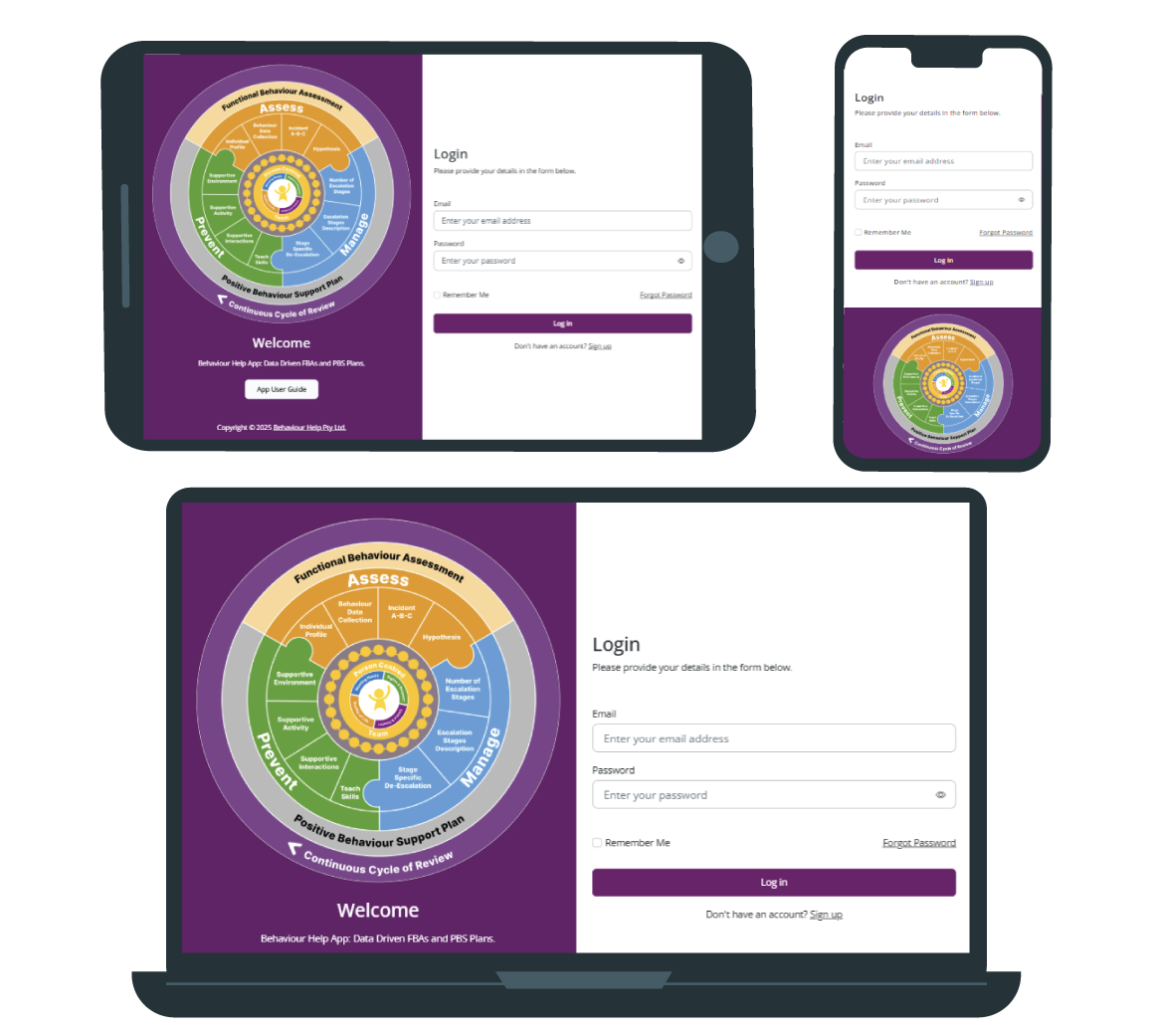This blog explores techniques and ideas that come from the Positive Behaviour Support Framework which you can read more about here
Neurodiversity! Neurodivergent! Neurotypical!
Neurodiversity is a term coined by Australian sociologist Judy Singer in the 1990s. The term is used to describe the range of differences in the individual’s brain which can affect how the person experiences, relates to, and learns from the environment.
Every human has a unique brain and is each hence equipped with varying skills and abilities as well as needs. This means that these differences should not be regarded as deficits, weaknesses, or problems that need to be fixed but rather as just what they are – variations or differences of the human brain.
The word neurodiversity loosely refers to the diversity of people but is more commonly used in the context of learning disabilities, neurological or other developmental conditions such as autism spectrum disorder (ASD), attention deficit hyperactivity disorder (ADHD), dyslexia, and others.
The term neurodivergent is used to describe individuals who have a brain that functions, learns and processes information in ways that diverge from the societal standards of what is “normal”, or “typical.” Neurodivergence recognises the unique way that individuals view the world, which encourages and allows for different ways of solving problems and shaping ideas—fresh and creative perspectives that have the potential to benefit society as a whole.
Neurotypical is commonly used to refer to people whose brain structures and development allow them to function in ways that are considered “normal” within across the majority of the populace.

Introducting...The Behaviour Help App
Your All-in-One AI Tool for FBAs and PBS plans
You’re doing important work. That’s why we built the Behaviour Help App — to make it easier to track behaviour trends, identify patterns, and develop meaningful, person-centred strategies.
What are the different types of neurodivergent conditions?
1. Autism (ASD)
Autism Spectrum Disorder (ASD) is characterised by a ‘dyad’ of impairments, namely; social interaction and communication alongside persistent and repetitive interests, activities and behaviours.
2. Dyslexia
Dyslexia is characterized by difficulties with reading, spelling and processing language.
3. Dyspraxia (Developmental Coordination Disorder DCD)
Dyspraxia is characterized by difficulties with balance, movement, coordination, fine motor and gross motor skills.
4. Dyscalculia
Dyscalculia is characterised by difficulties in understanding concepts that involve learning basic arithmetic, numbers, calculations and computations. Individuals with this condition may have challenges with accurately telling time, understanding measurements, spatial reasoning or processing numeric information.
5. Dysgraphia
Dysgraphia is characterised by difficulties in expressing oneself through writing.
6. Meares-Irlen Syndrome
Meares-Irlen Syndrome is characterised by difficulties in how individuals view or perceive things. This means that those affected have good vision and that their problem is not optical, but rather how they make sense of and process the things they see in the environment.
7. Hyperlexia
Hyperlexia is characterised by the individual being able to read at advanced levels but having difficulties with comprehending what they are reading. This condition commonly occurs in individuals with ASD and can cause perseverative behaviours centered around letters in children.
8. Tourette's Syndrome
Tourette's Syndrome is characterized by tics, uncontrollable and involuntary movements (such as twitching, blinking, head jerking, grimacing, or shoulder shrugging) and sounds (such as humming, sniffing, whistling, mumbling or throat clearing).
9. Obsessive Compulsive Disorder (OCD)
OCD is characterised by the affected person having recurring, unwanted thoughts, ideas or sensations (obsessions) that make them feel driven to do something repetitively (compulsions).
While on the surface many of these conditions may seem as if they would be detrimental to one’s life, the nature of their effects on the brain result in a spectrum of unique frames of reference and abilities across several domains of human functioning—points which may stem from both an individual’s heightened attention to varying sensory stimuli as well as from the strategies they employ to navigate a world designed to accommodate a standard baseline of human behaviour. In order to benefit from the unique perspectives of the neurodivergent community, society must first focus on creating a world where everyone is accepted, included and celebrated for who they are. Through increased awareness, sensitivity and understanding we can create environments, activities and interactions that enable inclusivity and promote the view of neurodivergence as an expression of each individual’s positive uniqueness and abilities.


